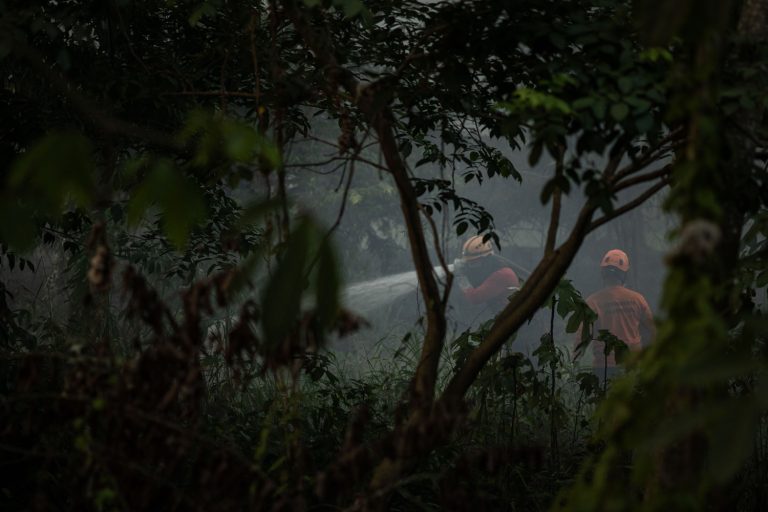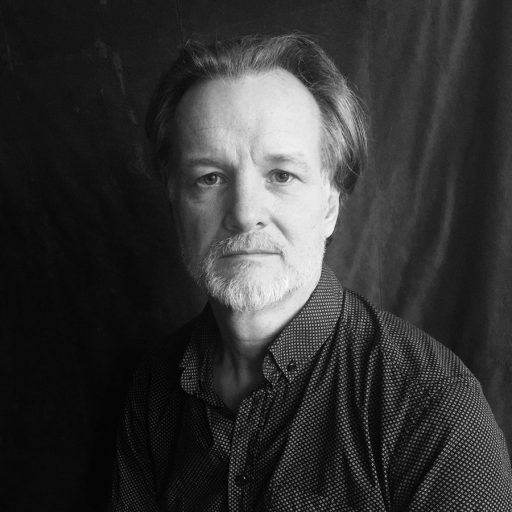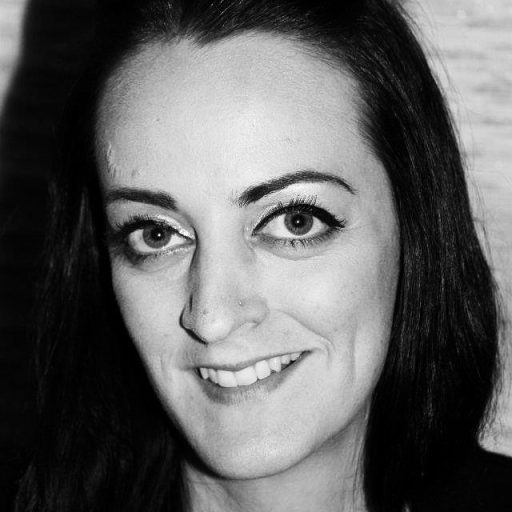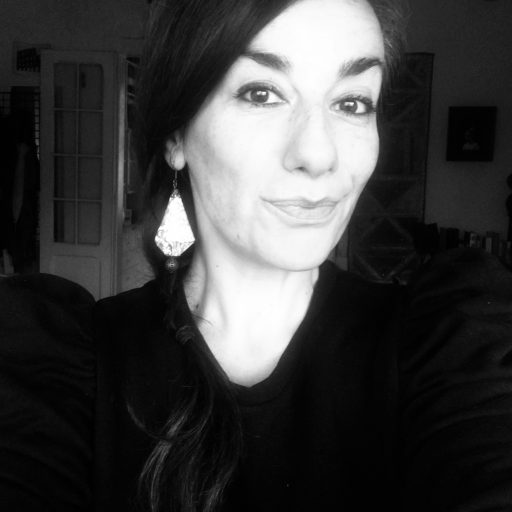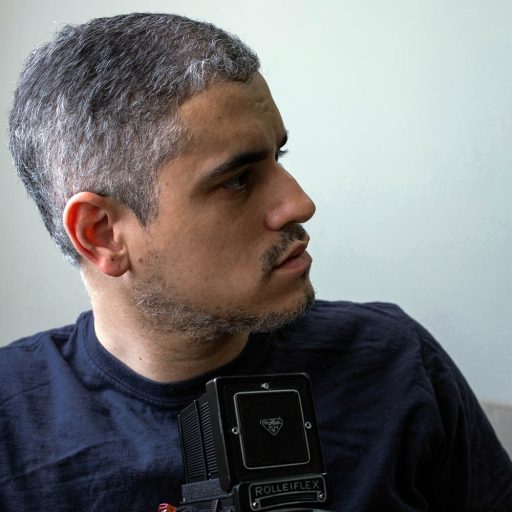Deforestation refers to the decrease in forest areas across the world. Forests are lost to make space for agriculture and animal grazing and to obtain wood for fuel, manufacturing, and construction. Greatly accelerated by human activities since 1960, deforestation has been negatively affecting natural ecosystems, biodiversity, and the climate. The UN’s Food and Agriculture Organization estimates the annual rate of deforestation to be around 1.3 million km2 per decade.
How can ‘deforestation’ be visualized? Can visual storytellers, social innovators, and artistic directors work together to tell the whole story and the connectedness of all, to the wide public? How can we make people aware that their living and cultural habits have an impact on the forests, and consequently the loss of biodiversity? How do we show the impact of deforestation on the climate, which has side effects on our lives too?
This is the fourth talk of the series, Visualizing the Climate Crisis, which explores the potential and the role that contemporary photography, together with different disciplines, can have in addressing the multi-layered theme of climate change.
The series features visual journalists doing evidence-based, research-informed, image-led reporting on climate issues. They will be in conversation with other professionals representing a diverse range of disciplines, such as science, policy-making, education, architecture, social innovation, media, and more, trying to explore the possibility of thinking beyond photography in a genuinely trans-disciplinary approach to expand reach, involve the wider public, and move people from being inspired to taking action.
In this event, Raphael Alves (documentary photographer) and Louise Fedotov-Clements (artistic director), are in conversation with Maria Teresa Salvati. The event will be moderated by Dr. Paul Lowe.
